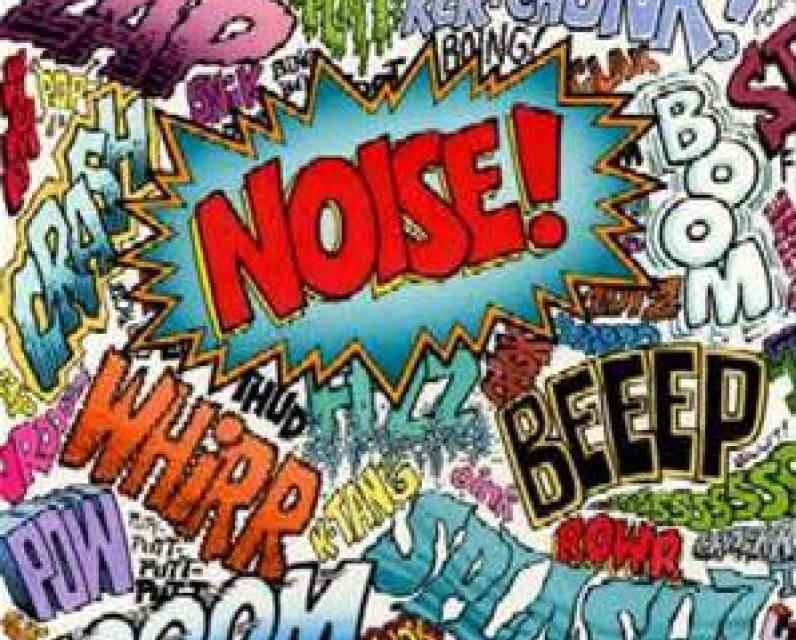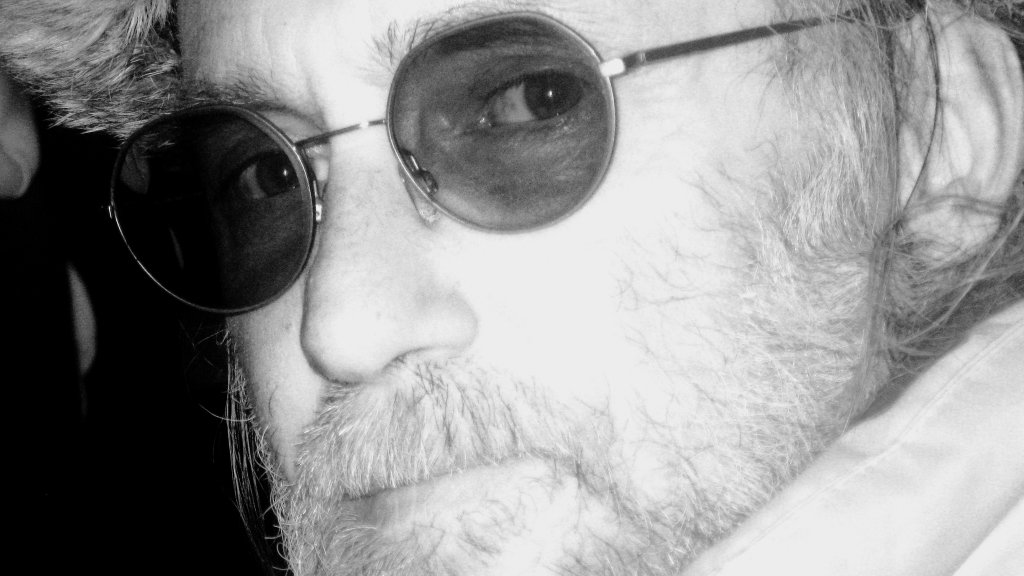Unpublished Opinions
I am a freelance writer. My work is middle east affairs and aboriginal issues.
Stopping noise in the environment

We all know it is there, we can't see it, on occasion we don't hear it but the damage done from noise is cumulative. It affects all of us.
Noise, a slow agent of death
A story on the devastating effects of exposure to noise on all of us. Included are status quo solutions and what should and could be done to assist in the elimination this scourge of the 21st century.
TOO LOUD!!!
“Noise, like smog, is a slow agent of death. If it continues for the next 30 years as it has in the past 30, it could become lethal. It is the scourge of the 20th century.” And this is nothing new.
–Vern Knudsen, acoustic architect and former chancellor of the University of California.
PERHAPS DR. Knudsen’s thoughts on noise seem far-fetched or extreme as move further into the 21st century. Public attitudes to noise as a public health hazard, not an occasional nuisance, are roughly parallel to those on air pollution five decades ago. Many of those at the first conference on air pollution said, “What air pollution? I don’t smell anything”. In effect, people still say, “What noise? I don’t hear anything.” And this is nothing new.
Think of the last time a loud noise startled you. At the moment your ears picked up the loud and sudden noise, your brain put your whole body on a war-alert, increasing the flow of adrenalin which in turn rallied you pulse to a much quicker march. Your blood was charging through your veins at an abnormally high rate…moreover, the volume had increased. Your muscles tensed, and your stomach contracted. All of this tension occurred in your body within the twinkling of an eye. There was nothing you could do about it, and nothing you could do to release the tension. This tension is common in industrial workplaces. The end result is evident with society’s perpetual need for over the counter head-ache remedies, and visits to the doctor for unexplained illness. Over $400 million is spent annually on headache remedies alone in North America. And this is nothing new.
Over three decades ago the Workers Compensation Board in Canada paid out $11 million in claims related directly or indirectly to noise. And this is nothing new.
Several decades ago the Max Planck Institute in Germany did a study on the effects of noise on the heart. One thousand steelworkers from Dortmund were used in the study. Sixteen per cent of those working in an area with noise quieter than 90 decibels were shown to have heart irregularities. The number jumped to 24 per cent for those working in an area with noise over 90 decibels–a 50 per cent increase in heart problems related to noise. And this is nothing new.
One of the most shocking effects of noise is on unborn children. Constriction of the blood vessels in the mother because of excessive noise can cause a decrease in nutrients and oxygen getting to the fetus.
The Fels Research Institute in Ohio determined that the fetus responds to noise with increases in body movement and an accelerated heart rate. Later as 2 year olds, Dr. Sontag, from the institute, determined those children exposed to excessive noise were more reluctant to leave home to go to day care and to take part in other school activities, compared to those not exposed to excessive noise. Dr. Sontag conclude, “Just as other excessively strenuous or stressful things are given up during pregnancy, noise should be considered also.” And this is nothing new.
The most visible effect of excessive noise is deafness. Just as little is being done in the workplace except to provide the mandatory hearing protection, so to in society in general. Efforts have so far been directed primarily to lessening the effects of deafness rather than to encourage noise reduction at the source.
Clergymen and women wear microphones to deliver their litanies, just as professors do to deliver lectures. The Technical Aids Centre of the Canadian Hearing Society provides specialized equipment for the hearing impaired, theatres have infrared systems to beam sound signals to the hearing impaired in attendance, so with the assistance of special headphones, they are able to hear what is happening on stage. And this is nothing new.
Robert Baron, a distinguished sociologist who devoted his life to studying the effects of noise warned many years ago, “Tomorrow’s noise will be more disturbing and crueler than today’s for two reasons. First, we are increasing the number of sources of noise and saturating the environment. Second, we are becoming sensitized to noise, gradually adjusting to louder and louder levels of background noise.”
But that sensitization has a price, in health costs, sickness and deafness. Unless we act soon to reverse this growing trend, we may evolve, or adjust to it in the way warned of by inventor Thomas Edison: “As urban noise grows greater, which it inevitably will, the man of the future could eventually be born deaf.”
-30-



Comments
Be the first to comment